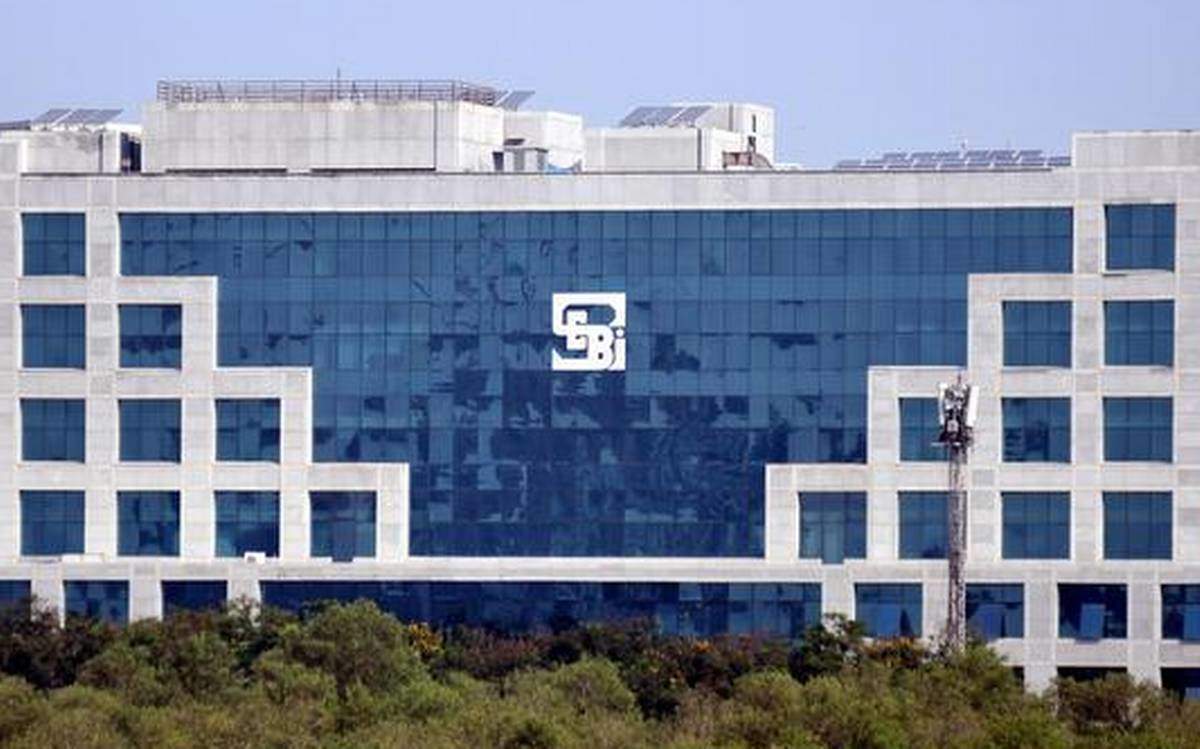In a significant move for India’s capital markets, the Securities and Exchange Board of India (SEBI) has recognized the Bombay Stock Exchange (BSE) as the supervisory body for research analysts and investment advisors. This decision, effective July 25, 2024, marks a shift in the regulatory landscape and is expected to enhance oversight within the financial services industry.
What Does This Mean?
Previously, SEBI directly handled the administration and supervision of research analysts (RAs) and investment advisors (IAs). Now, the BSE will take on this responsibility, functioning as the Research Analyst Administration and Supervisory Body (RAASB) and Investment Adviser Administration and Supervisory Body (IAASB) for a period of five years.
Responsibilities of the BSE as RAASB and IAASB
- Overseeing the registration process for RAs and IAs
- Maintaining a centralized database of registered RAs and IAs
- Monitoring compliance with SEBI regulations by RAs and IAs
- Investigating potential breaches of regulations
- Addressing grievances filed by investors against RAs and IAs
Benefits of the New System
- Streamlined Regulation: SEBI can focus on broader policymaking, while the BSE handles day-to-day administration and supervision.
- Enhanced Efficiency: The BSE’s experience in market regulation can potentially lead to a more efficient supervisory process.
- Improved Transparency: A centralized database of RAs and IAs can increase transparency for investors.
What to Expect Next
- Bye-laws: These will define the specific rules and regulations governing the operations of RAASB and IAASB. They will cover areas such as registration requirements, ongoing compliance obligations, disciplinary procedures, and investigation processes.
- Standard Operating Procedures (SOPs): These will outline the detailed procedures for carrying out the various functions of RAASB and IAASB. For example, SOPs might specify the steps involved in processing RA and IA registrations, conducting compliance inspections, and resolving investor grievances.
- Frequently Asked Questions (FAQs): These will provide clarification on the new framework for RAs and IAs. They can address common questions about registration procedures, compliance requirements, and the grievance redressal process. By making this information easily accessible, the BSE can help RAs and IAs smoothly transition to the new supervisory regime.
RAs and IAs will need to adapt to the new supervisory regime. They should stay updated on the BSE’s bye-laws, SOPs, and FAQs to ensure smooth compliance with SEBI regulations. SEBI’s decision to appoint the BSE as the supervisory body for RAs and IAs is a positive step towards strengthening the regulatory framework in India’s capital markets. This is expected to benefit investors by promoting greater transparency and ensuring adherence to ethical practices by research analysts and investment advisors.


















